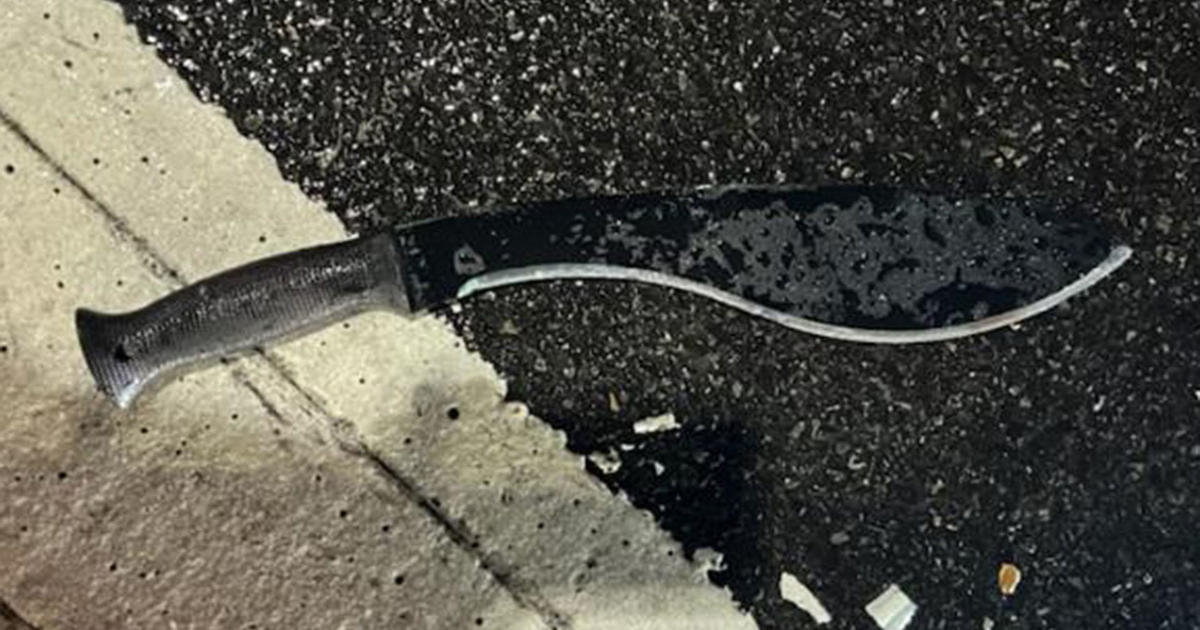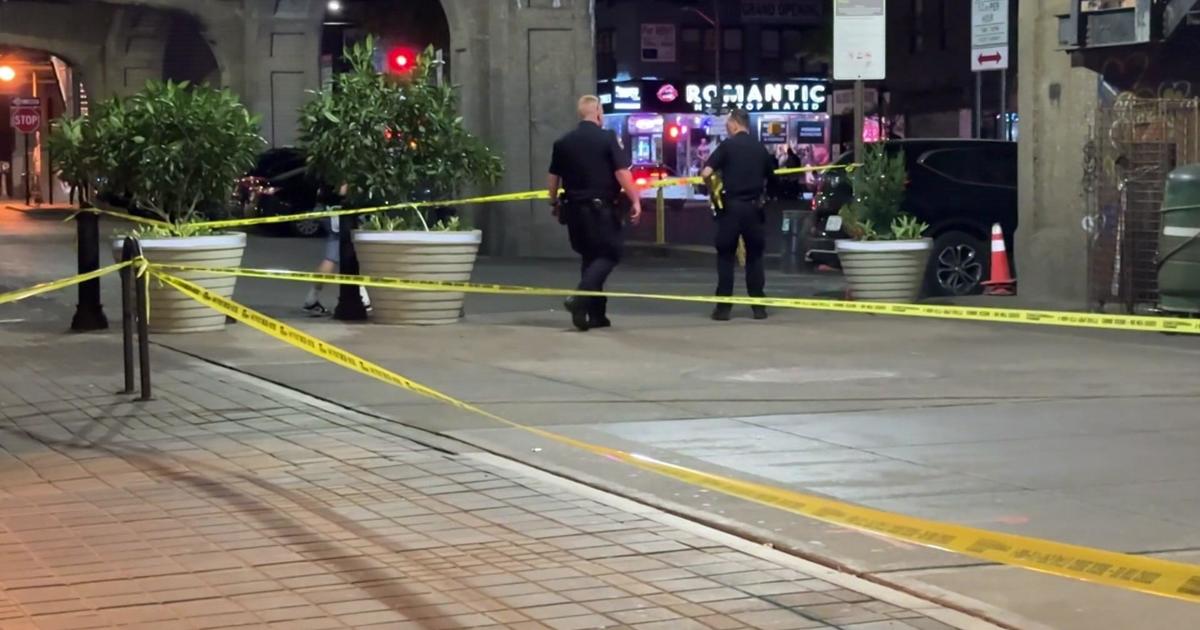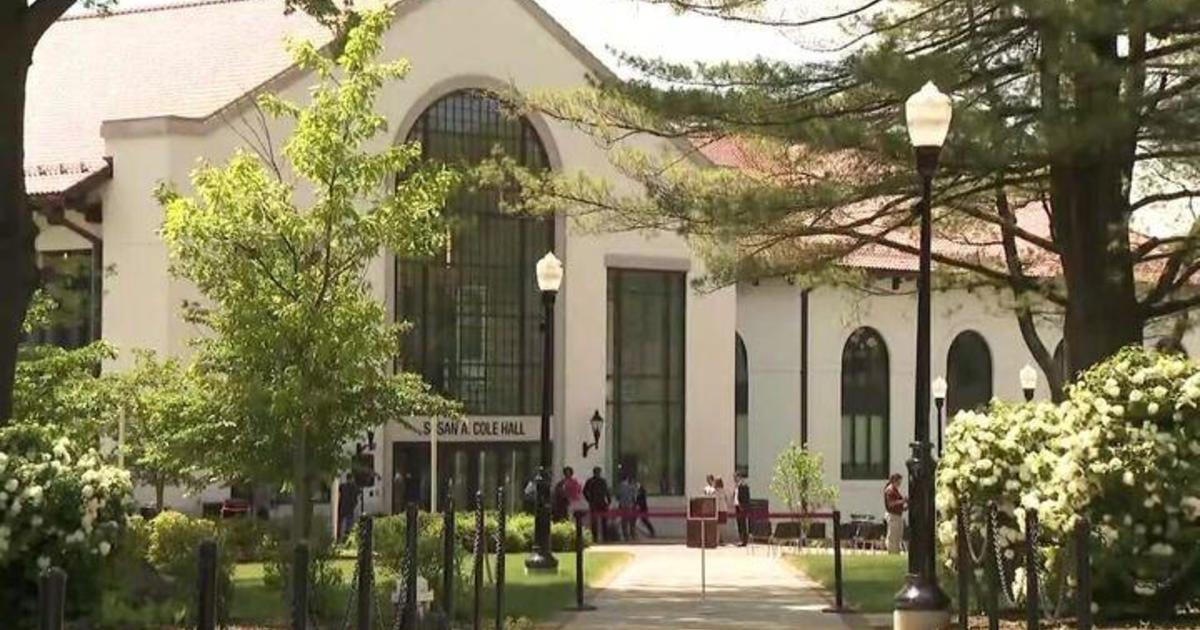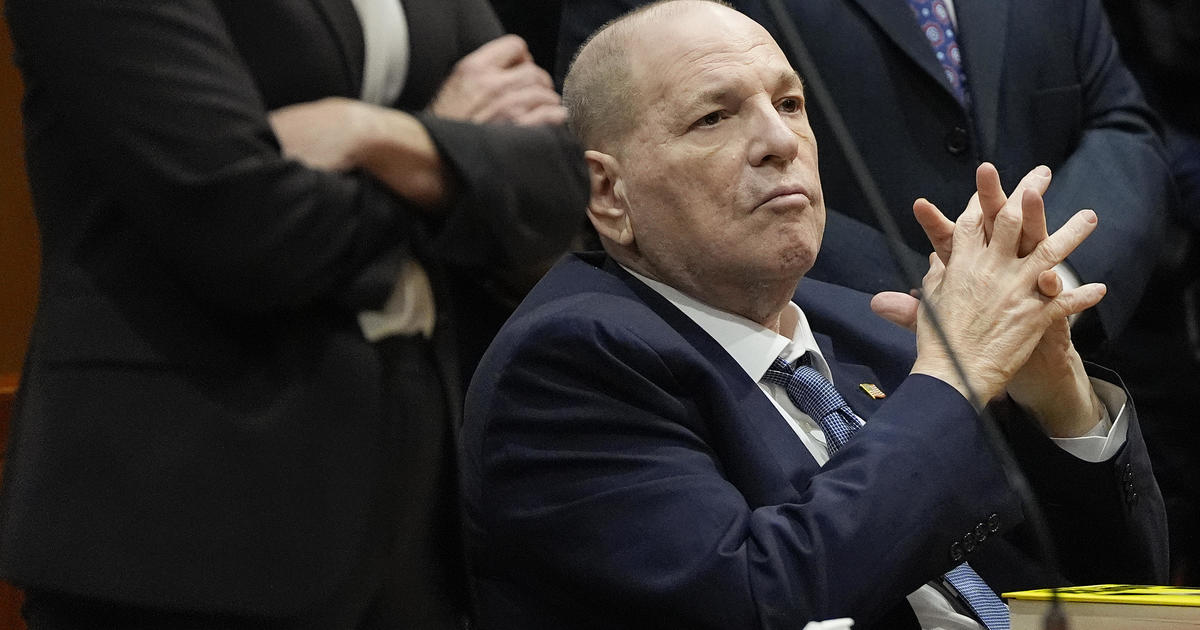Geopolitics and jury duty: Tony Aiello's modest connection to the U.S.-Russia prisoner swap
NEW YORK -- The prisoner swap between the U.S. and Russia is making headlines around the world.
It's also bringing back memories for me.
Marine veteran Trevor Reed was released as part of a deal that freed a Russian national, Konstantin Yaroshenko, convicted in 2011 of conspiring to smuggle cocaine..
In my only experience as a juror, I was one of the 12 New Yorkers on the panel that found Yaroshenko guilty 11 years ago.
Back in April 2011, I was surprised to be picked for the jury.
During the jury selection "voir dire" process, I informed U.S. District Court Judge Jed Rakoff that I was a news reporter who often covered stories involving then-U.S. Attorney Preet Bharara, and I was already familiar with the basic elements of this particular case.
"Well, Mr. Aiello, you're a journalist and I have to believe you can be objective, right?" replied the judge.
"Yes, sir. Of course."
Neither side objected, and I was seated on the jury.
Yaroshenko, a private pilot, was one of four defendants, each facing a single charge of conspiracy to smuggle drugs into the U.S. The accusation stemmed from a sting operation jointly run by law enforcement from the U.S. and the West African nation of Liberia.
To be clear, there were no actual drugs. It was a conspiracy case that involved an agreement to commit a crime, and the parties taking concrete actions to further the conspiracy.
Over the course of three weeks we heard testimony from DEA agents and an undercover confidential informant, a fascinating and colorful operative who reminded me of that old beer commercial character, "The Most Interesting Man In The World."
The prosecutors and defense attorneys all impressed me with their skill and professionalism.
I don't want to reveal too much about the jury discussion. I will say it took several hours of deliberation to reach consensus and convict Yaroshenko. We had no doubt that he was a willing participant in discussions to transport cocaine between South America and Africa, and he understood the plot involved diverting some of the drugs to the United States.
Yaroshenko's wife was often in the courtroom, and it was obvious she was upset and disoriented by the unfamiliar surroundings and proceedings. I thought about her during deliberations, and felt sorry for her, but the law is the law and we the jury had an obligation to follow it.
Serving on this case reinforced my faith in the American jury system. Our group carefully weighed the evidence against each defendant, analyzed and applied the law as explained to us by Judge Rakoff, and ultimately acquitted two of the four defendants.
The jury had no role in the sentencing. Yaroshenko received the mandatory minimum under federal law, 20 years in prison.
After serving 12 years, he is free as part of the prisoner swap with Russia.
Wednesday at the White House, Press Secretary Jen Psaki said, "I would emphasize that this individual had already served the majority of his prison sentence for a non-violent drug crime."
As one of the jurors who voted to convict Yaroshenko, I accept that.
Reading up on this case, I see that during his time in a U.S. prison, Yaroshenko often complained about alleged mistreatment behind bars, including denial of health care.
Watching Yaroshenko greet his family Wednesday after his release, I couldn't help but notice he looked robust, while Reed seemed gaunt and unsteady after his release from confinement in Russia.
I am very pleased for Reed, and for his family that worked so hard to raise awareness of his case.
And if the prisoner swap serves to ease U.S./Russia tensions and foster cooperation at a dangerous time, all the better.




